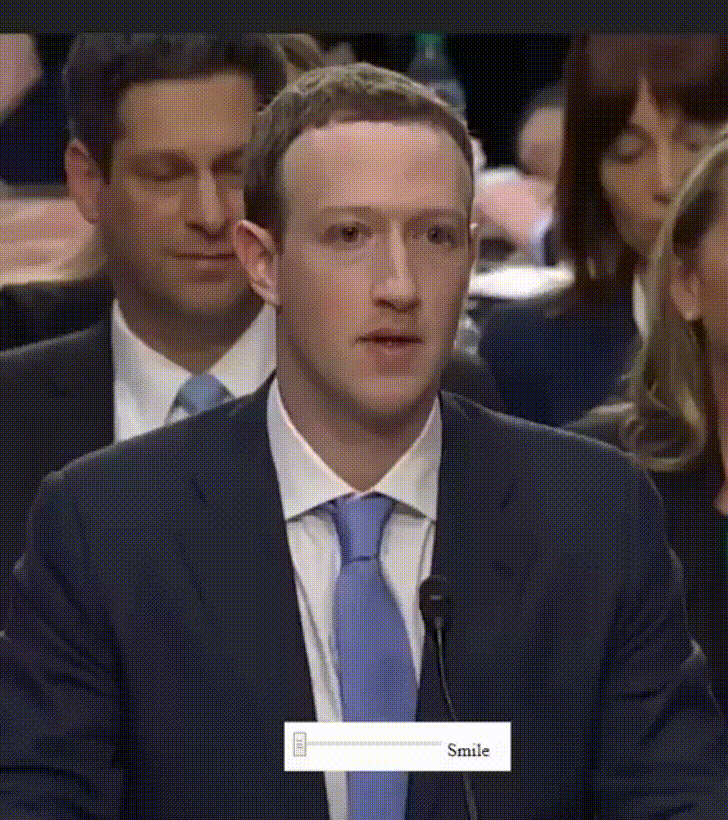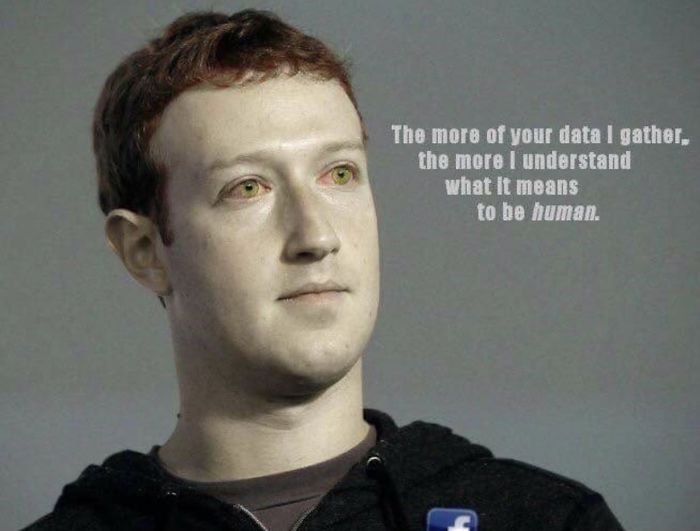Bob Dylan once sang, “The times they are a changing.”
I once sang, “I’ve got a combine harvester, it’s made out of kitchen spoons, and that’s why you’re a poo.”
Despite Bob’s bad grammar, he had a point and, somewhere, so do I.
Because if I was a 10 year-old
in this day and age, I probably would
have tweeted that beautiful nonsensical serenade, or uploaded a video of
it onto Youtube.
The recent birth of my sister’s human child got me brooding over the
time and age that we are in, and how, at no point in the history of our
planet, have events ever been recorded
with such personable accuracy.
I mean, if only we could look back on John Wilkes Booth’s tweets and
read, “Lol your beard is well
silly, man, Imma kill you.” Or see George
Michael’s FB status as “Interested in: Men.” Everything
would have
been different.
My brother-in-law decided to set up a Facebook account for my
baby niece on her first day of life, with the idea that at some point
down the line – especially with the
new FB timelines – they could pass
on the account to her for her own use. She would have a log of her whole
life, right there for her to see, from conception to inevitable
dysfunction.
This got me thinking about one day when I poop out a little Timmy, or
however that shit works.
Would he not be curious about daddy’s
wanderlusting? I dread the thought that someday, at the
click of a
button, he would know everything there is to know about me. How would my
kid
respect me after seeing me wasted in a pile of my own vomit on the
floor, swearing at the camera
with knickers round my face? “Mummy,
Mummy who is that girl daddy’s with?”
I cringe at the idea of my kids going through my pseudo-diary Twitter
account, piecing together who I was and who they may become.
Thankfully, my
tweets are
made up of random, surreal thoughts
and seem like gibberish to the
naked eye so the worst they can think of me is that I had Aspergers
or
something.
But I’ve come to a little gem of a realisation. In 10 or 20 years
time, when we’ve all grown up and
had Facebook for most of our lives
and then reproduce, does this mean the end of social networking?
I mean
unless you’re a fucking hippy, how do you expect to educate your kids
about right and
wrong when their main influencers are seen doing and
saying all the wrong things on a platform
as accessible to them as a
jar of cookies? This will probably lead, at some point within the next
10 years, to a mass privatising of accounts. Once we’re done with airing
our dirty laundry in our
rebellious years, we’re going to want to
neatly fold it and put it at the back of our closets, with a
child-proof lock on the door. The less accessible information available,
the less users will sign up and eventually it
becomes the anti-social
network.
Could that be the end of Facebook as we know it? Makes a bit of
sense doesn’t it?
Then again, by then we may all be telepathically connected to the
internet and each other, and you
won’t even have to open your eyes to
see my rendition of Combine Harvester.KitchenSpoons.Poo.










